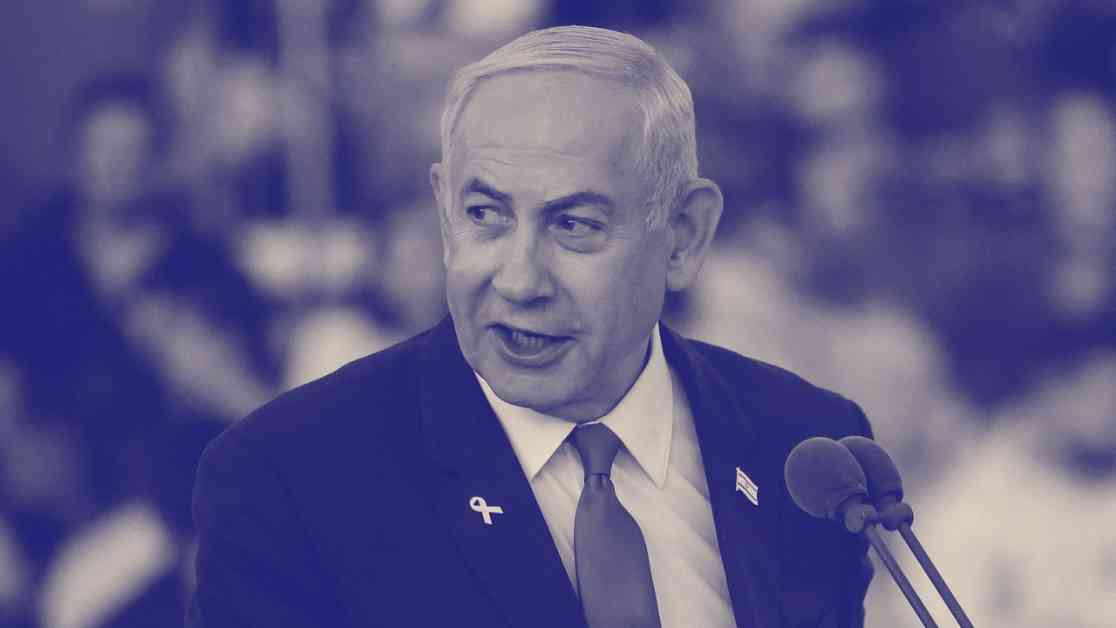Israel’s Political Landscape: Impact on Netanyahu’s Leadership
The political landscape in Israel is experiencing a seismic shift with profound implications for Prime Minister Benjamin Netanyahu’s leadership as the country grapples with the aftermath of significant regional conflicts. Dahlia Scheindlin, a renowned political scientist and expert on Israeli public opinion, sheds light on the evolving dynamics that have shaped Israel’s trajectory in recent months. From the fall of the Assad regime in Syria to a ceasefire between Hezbollah and Israel in Lebanon, and ongoing hostilities in Gaza, Israel finds itself at a critical juncture.
Post-October 7th Period: Netanyahu’s Resurgence
Following the events of October 7th, 2023, Israel witnessed a dramatic shift in public sentiment towards the government, with Netanyahu’s popularity plummeting in the aftermath of heightened tensions. However, as the months progressed, a remarkable turnaround emerged, signaling a resurgence in support for Netanyahu and his coalition partners. Surveys indicated a gradual recovery in Netanyahu’s approval ratings, culminating in a renewed sense of stability within the political landscape.
Regional Escalations and Public Perception
The escalation of conflict with Hamas and Hezbollah on a regional scale has played a pivotal role in shaping public perception of Netanyahu’s leadership. Key events, such as the assassination of top commanders and strategic strikes, have contributed to a sense of national pride and security among Israelis. Netanyahu’s strategic maneuvers in response to regional threats have bolstered his standing, despite lingering concerns over the humanitarian consequences of prolonged conflict in Gaza.
Public Sentiment and Political Dilemmas
While Netanyahu’s approval ratings have experienced a resurgence, underlying tensions persist within Israeli society regarding the prioritization of hostages and the government’s handling of negotiations. The delicate balance between national security interests and humanitarian concerns has fueled debates over the government’s approach to resolving the conflict in Gaza. As public opinion remains divided on the path forward, Netanyahu faces the challenge of navigating complex political dilemmas while maintaining his leadership mandate.
Amidst these intricate dynamics, the future of Israel’s political landscape hangs in the balance, with Netanyahu’s leadership at a crossroads. As regional tensions continue to shape Israel’s trajectory, the implications for Netanyahu’s tenure as Prime Minister remain uncertain. The evolving landscape of Israeli politics underscores the delicate balance between national security imperatives and humanitarian considerations, highlighting the complexities of leadership in a volatile region.












